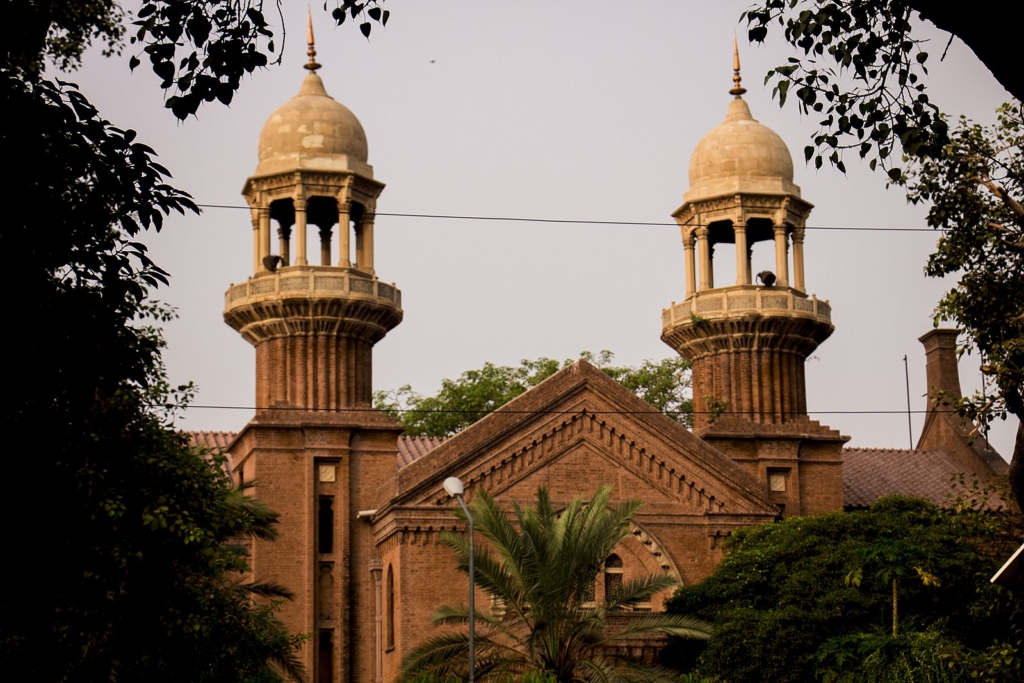Casebook Info
Climate litigation often focuses on the Global North. But one of the earliest, most prominent rights-based climate cases was brought in the Global South, in Pakistan, where the Lahore High Court found that the government breached its human rights obligations under the Pakistani Constitution by failing to implement a climate framework law and take sufficiently urgent action on climate change.
Like many Global South countries, Pakistan is not a major contributor to climate change but is particularly vulnerable to its impacts, already suffering the consequences of extreme weather events and food and water shortages. The Court made history by accepting the argument that the government’s failures to adequately implement its climate change policies violated Mr. Leghari’s fundamental rights and taking active steps to compel the government to implement its climate change policies.
- Year Filed 2015
- Year of Most Recent Ruling 2018
- Year of Final Ruling 2018
- Jurisdiction Pakistan
- Court Name High Court of Lahore
- Primary Focus Adaptation
- Ruling On Merits
- Plaintiff(s) Individual
- Respondent(s) Government
- Outcome Ruling for the plaintiff
- Organizational leader of the litigation N/A
Background
The petitioner, Ashgar Leghari, was a law student and farmer. His family’s 500-acre sugarcane farm in the Rahim Yar Khan District of Pakistan’s South Punjab region was suffering from the impacts of climate change.
In an effort to compel various government agencies and departments to take sufficient action on climate change, Mr. Leghari filed a public interest lawsuit in the Lahore High Court, challenging the failure of the federal government of Pakistan to implement the 2012 National Climate Change Policy (the Policy) and its associated implementation framework (the Framework).
The focus of the Policy and Framework was adaptation and climate resilience, concentrating in particular on vulnerabilities across various sectors such as water, agriculture, and forestry.
Mr. Leghari argued that climate change posed a serious threat to water, food, and energy security in Pakistan. As a result, the government’s failure to implement the Policy and Framework breached his fundamental rights guaranteed under Pakistan’s Constitution, including the right to life (Article 9), the right to dignity of person and privacy of home (Article 14), and the right to property (Article 23). The petitioner also relied on the “constitutional principles of democracy, equality, social, economic and political justice… the international principles of sustainable development, precautionary principle, environmental impact assessment, inter and intra-generational equity, and public trust doctrine.”
The High Court held that the government had not taken appropriate measures to implement the Policy and Framework and that this delay in implementation offended the fundamental rights of Pakistan’s citizens. In contrast to the “delay and lethargy” of state agencies in implementing the Policy and Framework, the Lahore High Court saw climate change as a “defining challenge” and a “clarion call for the protection of fundamental rights of the citizens of Pakistan, in particular, the vulnerable and weak segments of the society who are unable to approach this Court.” According to the Court, the failure of Pakistani governmental authorities to implement the national climate policy framework in a timely fashion “offends the fundamental rights of the citizens which need to be safeguarded.”
The Court, as a result, made various orders aimed at ensuring the implementation of the Policy and Framework over the span of three linked judgments.
In the first judgment of September 4, 2015, the Court made a number of orders aimed at ensuring the implementation of the Framework, including the establishment of a Climate Change Commission to monitor the progress of the Framework, comprised of representatives from relevant ministries, civil society, and scientific experts to monitor the government’s progress. In the second order of September 14, 2015, the Court examined the Framework and Policy in detail and set out the specifics for how the Commission would work. The Court retained supervisory jurisdiction over the activities of the Commission.
In January 2018, the Court released a supplementary decision, noting the submission of a report from the Climate Change Committee which found that from September 2015 to January 2017, 66 percent of priority actions from the Framework had been implemented. In light of that evidence, the Court dissolved the Climate Change Commission but ordered the creation of a Standing Committee on Climate Change to act as a link between the Court and the Executive and provide a check on implementation.
In these three decisions, the Court explicitly emphasized the severity of the risks presented by climate change to Pakistan, a country which is particularly vulnerable to the effects of a warming planet.
The Court went one step further and also endorsed a new principle of climate justice and a further sub-principle, water justice. Justice Shah called for environmental jurisprudence to be “fashioned to meet the needs of climate change,” drawing a distinction between past traditions of environmental justice which were “largely localized” and “climate justice,” which recognizes the urgent and global nature of the problem. Climate Justice “links human rights and development to achieve a human-centered approach, safeguarding the rights of the most vulnerable people and sharing the burdens and benefits of climate change and its impacts equitably and fairly.” The Court saw fundamental rights as lying “at the foundation of these two overlapping justice systems.”
- 2012 Year that the policy in question came into force
- 2015 First and second judgment by the Lahore High Court
- 2018 Third judgment by the Lahore High Court
Strategies
Centering rights
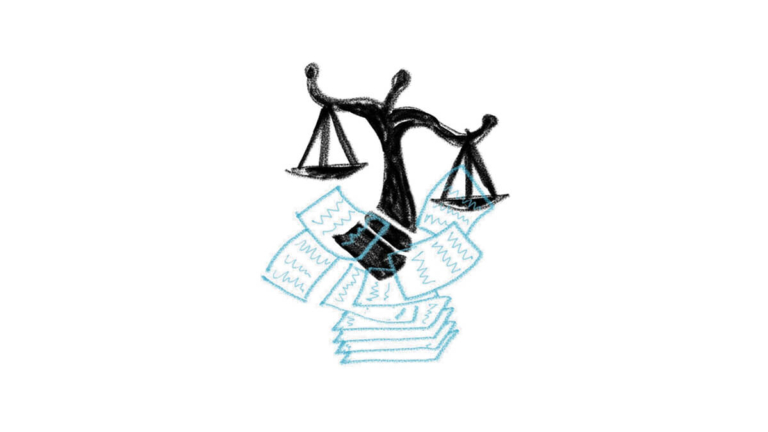
The Court explicitly linked action on climate change to the protection of fundamental human rights:
“On a legal and constitutional plane this is a clarion call for the protection of fundamental rights of the citizens of Pakistan, in particular, the vulnerable and weak segments of the society who are unable to approach this Court.”
Judgment
Although the right to a healthy and clean environment was not itself explicitly included in the Constitution, the Court recognized it as part of the rights to life and human dignity, both of which are fundamental rights protected by Pakistan’s Constitution.
The Court importantly tied the petitioner’s fundamental rights to the government’s responsibility to undertake mitigation and adaptive measures. This emphasis could form a model for future rights-based, adaptation-focused litigation.
Affirming country / corporate responsibility for their ‘fair share’ of emission reductions, regardless of the actions of other countries or corporations.
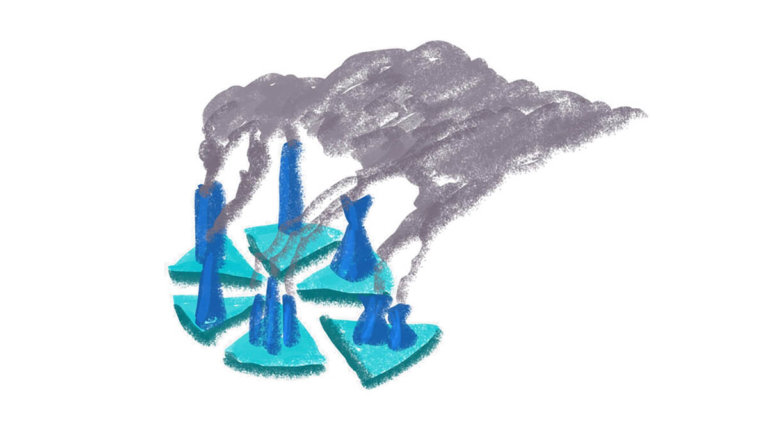
States frequently argue in climate cases that they should not be required to take particular action on climate change as their contribution to global emissions is so small that it will not make an impact on a global scale.
In its second and third decisions, the Court noted that although Pakistan is “not a major contributor to global warming and is actually a victim of climate change,” the Court nonetheless requires strong action from Pakistan as a “responsible member of the global community.” The Court explicitly recognized that “climate change is a global problem and therefore requires global accountability.” Pakistan’s relatively small contribution to global greenhouse gas emissions was not an excuse to “do nothing.”
Emphasizing the urgency of taking climate action now, given the compounding and permanent effects of climate change as time progresses
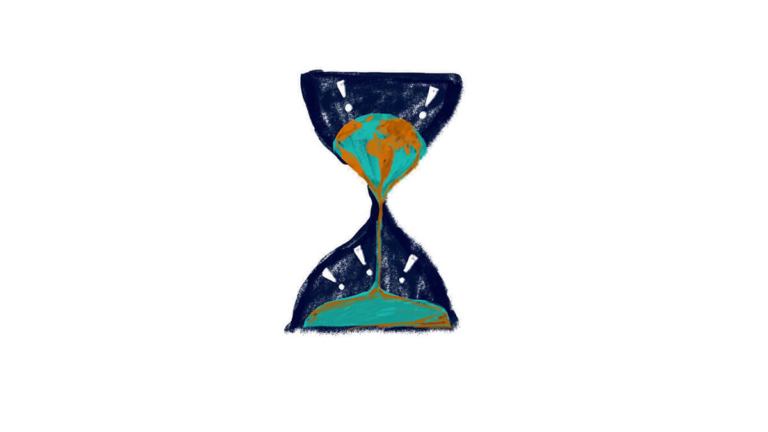
Citing the severe risks that climate change posed to Pakistan, the Lahore High Court endorsed the principle of climate justice, which links human rights and development to climate science. According to Justice Shah, climate justice involves “safeguarding the rights of the most vulnerable people and sharing the burdens and benefits of climate change and its impacts equitably and fairly.” It embraces new dimensions, such as health, water, food, and energy security; human displacement; trafficking; and disaster management.
The Court went a step further to incorporate the concept of water justice. In the Pakistani context, water-related issues like floods and droughts have been exacerbated due to climate change. The Court held that the sub-concept of water justice was rooted in the Constitution, including accessibility to clean and affordable water for survival and recreational purposes.
Crucially, since Pakistan is a developing country, the Court recognized that the most important focus should be adaptation, which it defines as “the capacity and potential for humans to adapt.” Justice Shah also recognized the fact that, although Global South countries generally have less capacity than Global North countries to adapt, the impacts of climate change are likely going to be disproportionately felt in Global South countries, underlying the importance of implementing adaptive measures.
Take-aways
Failure to take meaningful action on climate change, through the government’s “lethargy and delay,” breached the petitioner’s fundamental rights.
The fact that Pakistan contributed only a small proportion of global emissions did not diminish the government’s obligation to take meaningful steps to respond to the climate crisis.
This case showcases the powerful role of courts in ensuring government policies are effectively and meaningfully implemented. It also affirms the potential power of climate litigation.
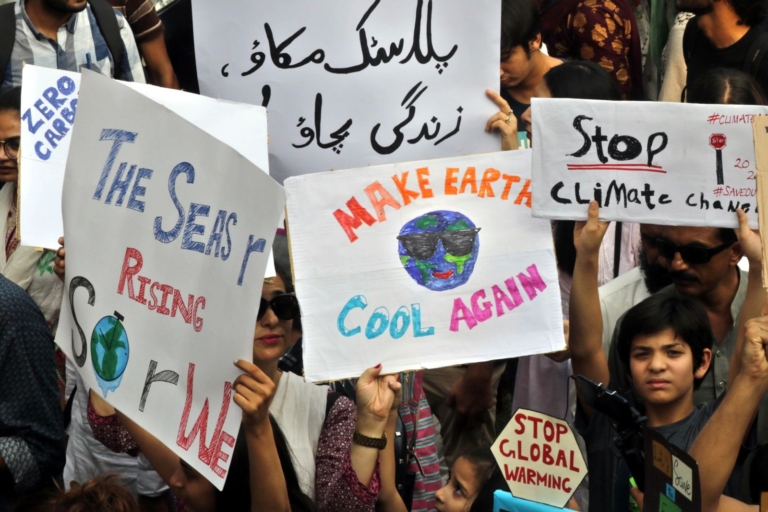
Impacts
Leghari is widely cited as the first rights-based climate case from the Global South to attract world-wide scholarly and journalistic attention. It has been widely cited – including by the Intergovernmental Panel on Climate Change (IPCC) in its February 2022 report, which cites Leghari as a leading case in the “rising number of case laws addressing the state’s failure to implement adaptation policies and resultant climate change litigation.”
The Court embraced its role as a check on government inaction on climate change – a role which other courts in the Global South in particular may also adopt.
This was also one of the first cases that placed a heavy emphasis on citizens’ rights to climate adaptation. This is especially crucial in Global South countries, which are likely to suffer the most severe impacts of climate change.

